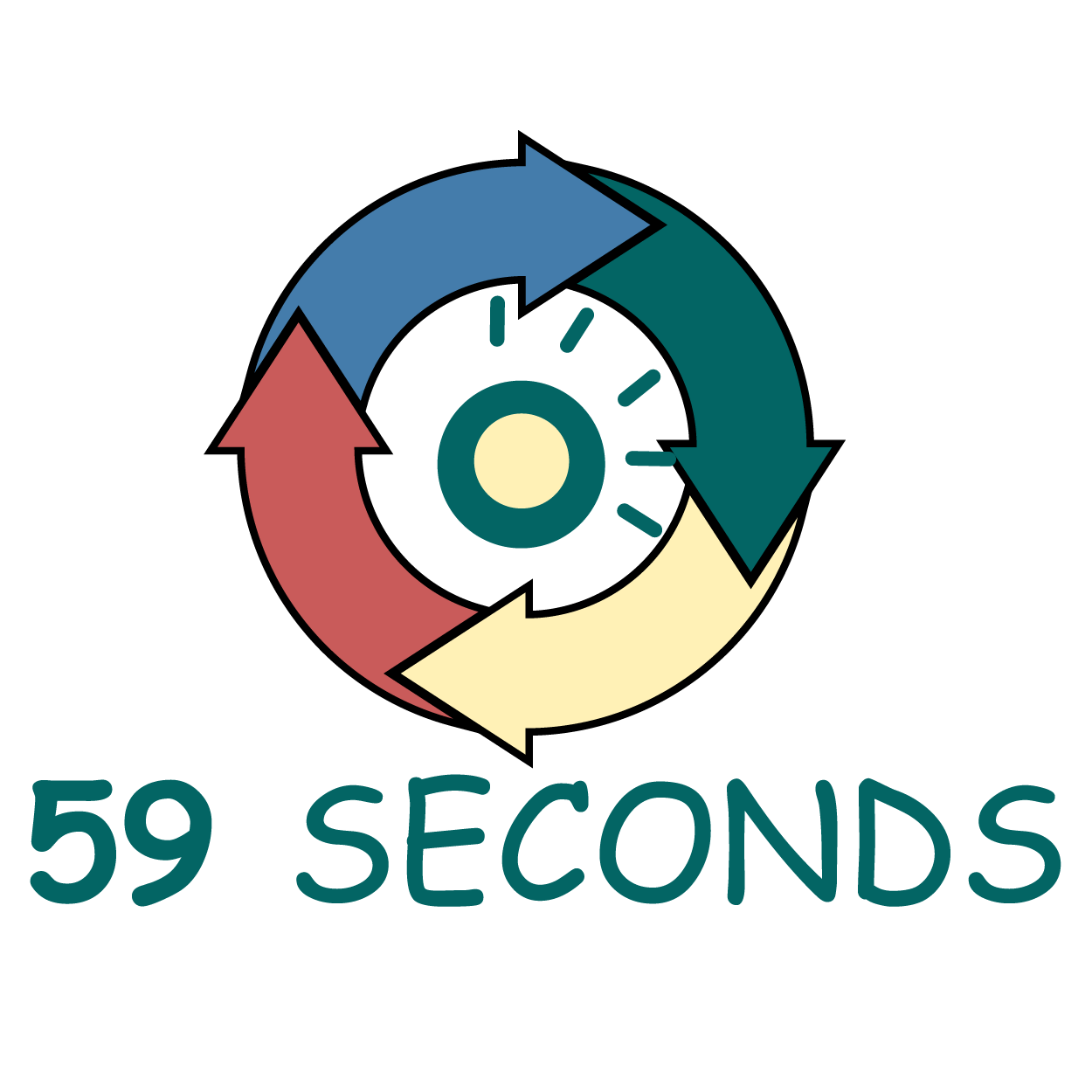Estimating Agile Tasks for Developers
Since developers work on tasks so frequently, they have a better understanding of how large and complex a task is. Issues and unexpected problems aside, developers will usually have a more accurate estimation of a task. Other roles may be able to pick up on this over time, but rarely will they have the intuition for estimation that developers have.
Even better than having individual developers create estimations, is a team of developers. With multiple developers giving estimates for the same tasks, these estimates can be averaged out. Having developers of multiple skill levels means that tasks don’t usually run too high or low. Veteran developers and novice developers might deviate from the norm, so a group can reduce the outliers.
One of the most popular tactics for estimation is Planning Poker. No, it doesn’t involve money and cards. Planning Poker is a system for developers to estimate tasks without feeling intimidated by their decision. Developers are given cards with different number values printed on them. If the Scrum team uses the Fibonacci sequence, cards might include 0, 1, 2, 3, 5, 8, and 13. If a request includes larger tasks, cards may often include numbers like 21, 34, 55, and 89 to represent very large tasks.
Recommended Further Reading
The following materials may assist you in order to get the most out of this course:
